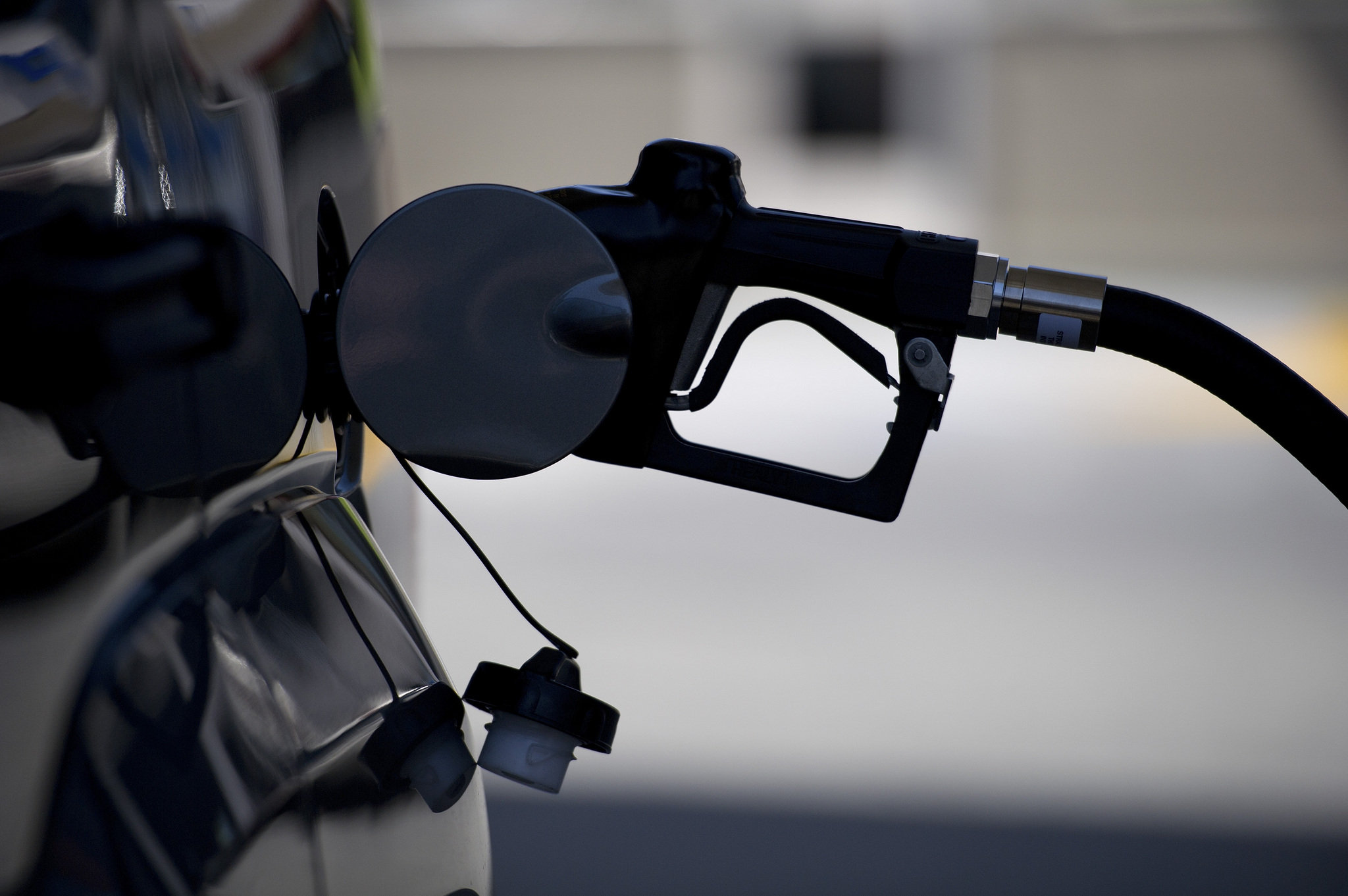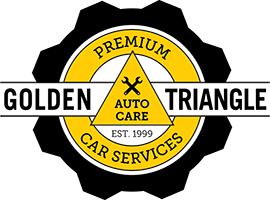
Call Us Now
303-573-1335

You likely consider putting gas in your vehicle the easiest part of maintaining it, but just like your diet impacts your health, what you put in your gas tank will impact your car’s well being.
Octane
Generally, you pull up to the pump and have a choice between 87 (the cheapest), 89, and 92 or 93 (the most expensive). Did you ever worry that buying the “cheap” gas might not be as good for your car? Don’t. These numbers refer to the fuel’s octane rating. Stated simply, the higher the octane, the more the fuel can be compressed before it ignites.
Why is that important? The pistons in your vehicle compress the fuel prior to igniting it with the spark plug. If the fuel ignites too early, you get engine knock. Severe engine knock can be very bad for your vehicle if you let it go, though mild or infrequent engine knock isn’t as worrisome. Fortunately, most vehicles only need the 87 octane fuel. Some vehicles, though, are designed to be high-compression for performance, so if you’re consistently getting engine knock on the low octane, try a higher octane next time and see if the problem corrects itself.
Additives
But doesn’t the “premium” gas have additives that make it better? Yes and no. Technically, all the gas you buy – regular, midgrade, or premium – has additives. There will be a detergent to reduce engine deposits and lower emissions as well as some degree of ethanol to make the fuel burn cleaner. These additives are present in all fuels because they’re required by the EPA.
What about the additives you see in the store? If you’re really dying to add stuff to your tank, here’s what you need to know:
- Fuel cleaners with PBA do a great job cleaning injectors and carburetors, but will likely leave deposits in the combustion chamber. This will lead to engine knock.
- Fuel cleaners with PEA, fortunately, will clean the combustion chamber to reduce engine knock. The catch is that PEA is more expensive.
- Steer clear of mileage enhancers and power boosters. It’s doubtful they’ll do what they say to a degree that you’ll even notice, and the acetone that these types of additives use will eat at your rubber gaskets and hoses.
There you are – everything you need to know about what you put in your fuel tank.
